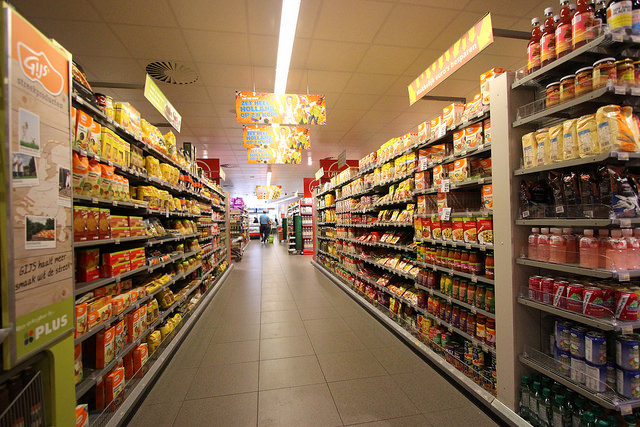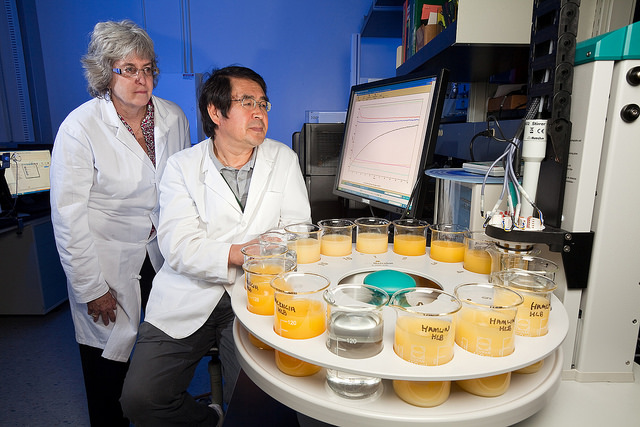Share the post "Formally Approved Products: Are They Really Safe?"
Back in 2008, a food corporation in Australia wanted the go-ahead from the United States’ government for their brand-new food additives, but they were rejected. However, it is hard to shop smart in America with shelves full of comestibles containing additives.
It most certainly poses the question: how to grocery shop with these “new” ingredients making their way from mysterious test tubes to your home’s kitchen?
FDA safe vs. GRAS
There are two options for corporations crafting novel food elements that advance a product’s feel, look, staying power, and flavor.
Federal obstacles dot the so-called “Highway of Food Additives.” The United States Food and Drug Administration oversees everything here, controlling 80% of the country’s “safe products.”
Entities traversing this road need to expose their food elements to thorough reviews in order to receive a formalized FDA safe-food confirmation. However, this could take years or decades to fulfill.
Therefore it is no wonder that corporations seek another way through to the supermarket shelves.
This way is blazed by a governmental outlet that barely touches on the qualifications of “healthy products.”
Amendments to the 1950s legislation sparked a two-channel scheme in which the label “Generally Recognized As Safe” (GRAS) made getting foods in stores much easier.
“GRAS” elements are not deemed additives and are given the OK for quick legislation.
It means corporations can decide for themselves whether what they put in the public’s food is unharmed.
After this, it is the corporation’s choice whether they tell the FDA. Yes, corporations have no legally-binding requirement to inform the FDA of what you’re purchasing while doing smart shopping.
Yet, if they choose to get inspected, they may receive an FDA approval, and become highly appealing to food merchandisers.
And if the FDA doesn’t approve of the elements?
Consider lupin – a legume in the peanut genus. It is widely utilized in Mediterranean cuisine and can be milled into flour and celiac-friendly products.
George Weston Foods informed the FDA in 2008 that they’d verified the application of flour containing lupin and fiber as harmless, but the FDA disapproved. It was revealed that those allergic to peanuts could be fatally threatened by lupin. The FDA stated that lupin listings on packages wouldn’t amply shield a healthy family. Officials wouldn’t agree on classifying lupin additives in accordance with GRAS.
Therefore, George Westin Foods rescinded the alert. Yet other corporations omitted this FDA check-in completely.
Lupin-laden products were spotted in supermarkets by the Center for Public Integrity. Not one of these comestibles’ packages posted a notification about its link to healthy eating, peanut allergens and those who ail from them.
Corporations have put in a minimum of 1000 additives to our food with no communication to or regulation from the FDA.
Share the post "Formally Approved Products: Are They Really Safe?"









 EN
EN  RU
RU